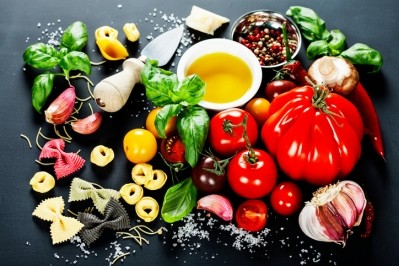Young Italian families priced out of Mediterranean diet

A study by Casini et al. in the journal Appetite compared the eating habits of young families in Italy in 2000 to those of families in 2009.
Generation Y opts for cheaper foods
In 2000, almost half of families, considered Generation Xs, were heavy consumers of fruit, vegetables and fish, and were classed as “traditional” consumers – the healthiest of all categories.
However, in 2009 the number ‘traditional’ consuming families in the next generation, Generation Y, fell to 36% as the proportion of families in the “savers” category rose from 4% to 20%.
Savers are those buying cheaper foods such as rice, pasta and grains, which have higher energy content.
Economy takes toll on eating habits
“The economic crisis surely led to major changes in food behaviours, such as a reduction in spending, and a considerable in the number of ‘savers’ families,” said the researchers.
Generation X families were found to spend an average of €528.81 on food per month for each person, while Generation Y spending was down to €477.95.
Health concern?
The proportion of families opting for convenience foods remained around the same, but was cause for concern, according to the researchers.
“The changes described here pose numerous questions from the viewpoint of nutrition-healthiness. The young ‘convenience seekers’ prove to be the ones with the food habits further from those recommended by the Italian Ministry of Health.”
They claimed previous research had shown ready-to-eat foods were lower in nutrients such as fibre, vitamins and minerals and higher in sugar, saturated fats, sodium, and artificial colours and flavours.
Generation Y families also consumed far higher amounts of sweets than their counterparts in 2000.
“Considering that, in the next decades, today’s Generation Y will prove to be the most important class of consumers, the theme of healthy policies enacted by the competent public authorities will become extremely important.
Researchers obtained the data from the National Statistics Institute which asked around 600 young families in 2000 and 2009 to keep a diary of their everyday purchases for one week.
Young families were classed as those with a household head aged 18-29.
Source:
Appetite, Vol 68, 21–29
http://dx.doi.org/10.1016/j.appet.2013.04.009
'Food habits. Changes among young Italians in the last 10 years'
Authors:Leonardo Casini, Caterina Contini, Enrico Marone and Caterina Romano

















